Culture & Lifestyle
The enigmatic wordsmith
‘It is important to have aspirations in life. But it’s also perfectly fine if you don’t have any,’ says writer, poet and lyricist Viplob Pratik.
Rukusha Giri
I’ve admired Viplob Pratik’s mastery of words for a long time. I remember reading his poems while I was in school, and have loved the way he portrays the world ever since. So, interviewing him for a piece was a big deal for me.
It started when my brother, who I was discussing my articles with, casually mentioned his connection to one of Pratik’s clients. The thought of interviewing the iconic poet, lyricist and author ignited excitement and a tinge of nervousness within me. Luckily, my brother proved to be an unwavering pillar of support and encouraged me to reach out to the writer.
The interview was scheduled for the next evening, and when we arrived at the Mandala Theatre, something unexpected caught my eye—Pratik engrossed in a game of table tennis.
As the rain drizzled outside, we started the interview. I was intrigued to learn more about him, especially since he doesn’t share much on social media.
Born and raised in Kathmandu, Pratik has penned over a hundred poems, two notable collections being ‘A Person Kissed By Moon’ and ‘Nahareko Manchhe.’
Throughout his life, Pratik has been guided by a deep sense of compassion, always mindful of any unease and discomfort his works could potentially cause the readers. While he didn’t care much for writing when he was young, in his teens, his father astutely recognised his talent and urged him to explore it further. Supported by his father’s unwavering belief, Pratik nurtured his writing skills and discovered a profound love for poetry at 16. Poetry became his solace during times of personal adversity.
Initially, he only shared his creations with close friends, but his father’s encouragement gave him the confidence to pursue writing as a career. With each word penned, his passion flourished, solidifying his dedication to a path his father had set him on. Reflecting on those early days, Pratik recalls, “I remember feeling somewhat disheartened back then, as my father wasn’t overly impressed with my writing. But if he saw my work now, I’m certain he would love it.”
Pratik found inspiration to explore more subjects to write on through his friend Shishir Subba, a psychologist and fellow poetry enthusiast. Subba gifted him a book titled ‘Expression After Death,’ which delves into philosophical musings by Balkrishna Sama. This sparked Pratik’s fascination with classic novels, drawing him to works of writers from the past, including Russian literature by authors like Alexander Pushkin.
Although his journey into the world of poetry began with English verses, Nepali poetry eventually found a special place in his heart, with Gopal Prasad Rimal becoming his first Nepali poetic muse. Since then, Pratik has embarked on a ceaseless exploration of poetry, immersing himself in its depths.
Throughout his journey, a fervent love for poetry burned within him. However, being in a country like Nepal presented limited opportunities for growth, as he yearned for a life of opulence. Poetry had cast its irresistible spell upon him, and he was determined to pursue it relentlessly, venturing into other forms of writing to make ends meet. He worked as a translator of Indian dramas and journalist. He was also the assistant editor of Himal magazine for some time.
Eventually, Pratik felt financially comfortable enough to leave his job and focus on writing things he truly wanted to.
“It is important to have aspirations in life. But it’s also perfectly fine if you don’t have any,” Pratik shares thoughtfully. “Not having a specific dream has allowed me to explore different paths and achieve things I never imagined possible.
Immediately after this, Pratik shares the one dream he had about what he wanted his life to be as a child. Apparently, he wanted a princess to gallantly ride up to him on a handsome horse and whisk him away to a grand house, where he would frequently get together with his friends and live leisurely.
When asked about his writing process, Pratik says he doesn’t simply sit down and start typing. “Usually, it begins with a situation that deeply resonates with me. I think about it a lot and it eventually takes shape as a poem,” he reveals, adding that while contemplation is necessary for the process, overthinking hampers his flow. Instead, he allows the organic flow of thoughts and emotions to guide his creative expression.
Poetry, for Pratik, is an inherent passion. “Writing has always held a special place in my heart, and love is a central theme in my life,” he shares. Although most people know him for his love poems, thinking Pratik only writes about love is a misconception. An example of this is his thought-provoking poem ‘Nahareko Manche’, where the writer delves into the significance of stability in one’s life. However, it’s his love poems that seem to resonate most with people.
Despite his popularity, Pratik prefers to remain away from the spotlight. As a result, his poetry isn't readily available on Google.
Pratik’s artistic talents extend beyond writing. He showcased his acting prowess in numerous productions, including the popular play ‘Mahabhoj’ directed by Anup Baral. Pratik fondly recalls sharing the stage with other talented performers in this production and expresses a desire to participate in more theatrical ventures in the future.
In the ever-changing tapestry of life, Viplob Pratik stands as a multifaceted artist, continuously exploring new avenues and leaving an indelible mark on the artistic landscape. His unique perspective, unwavering dedication to his craft, and unassuming nature make him an inspiration to fellow creatives and those who appreciate the beauty of words.
Viplob Pratik’s book recommendations:
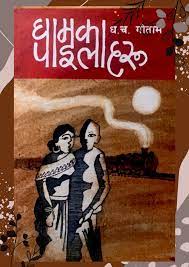
Gham Ka Paila Haru
Author: Dhanush Chandra Gautam
Year: 1979
Publisher: Sajha Publications
Dha Cha Gotame’s writing has magic. Readers easily get attached to the characters of the novel and immersed into his fictional world.
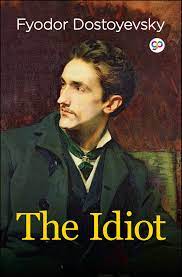
The Idiot
Author: Fyodor Dostoevsky
Year: 1969
Publisher: Simon & Schuster
The Idiot illustrates a dark society corrupted by wealth and greed. Although released over 50 years ago, Dostoevsky’s story is just as relevant today.
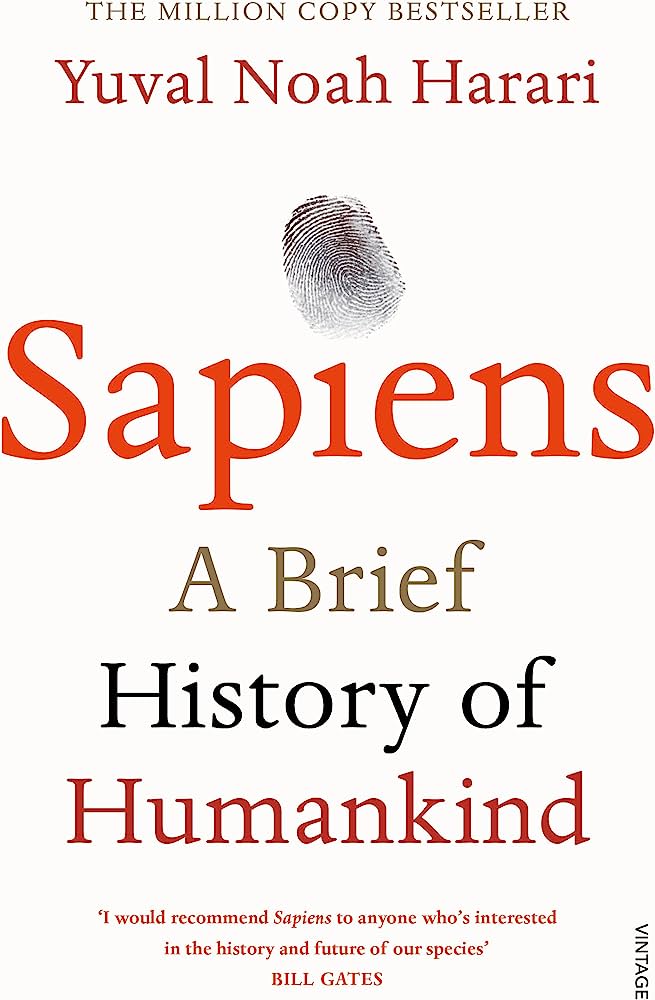
Sapiens
Author: Yuval Noah Harari
Year: 2011
Publisher: Random House
I enjoyed reading about the evolution of humanity and the things our ancestors went through to evolve into what we are today.
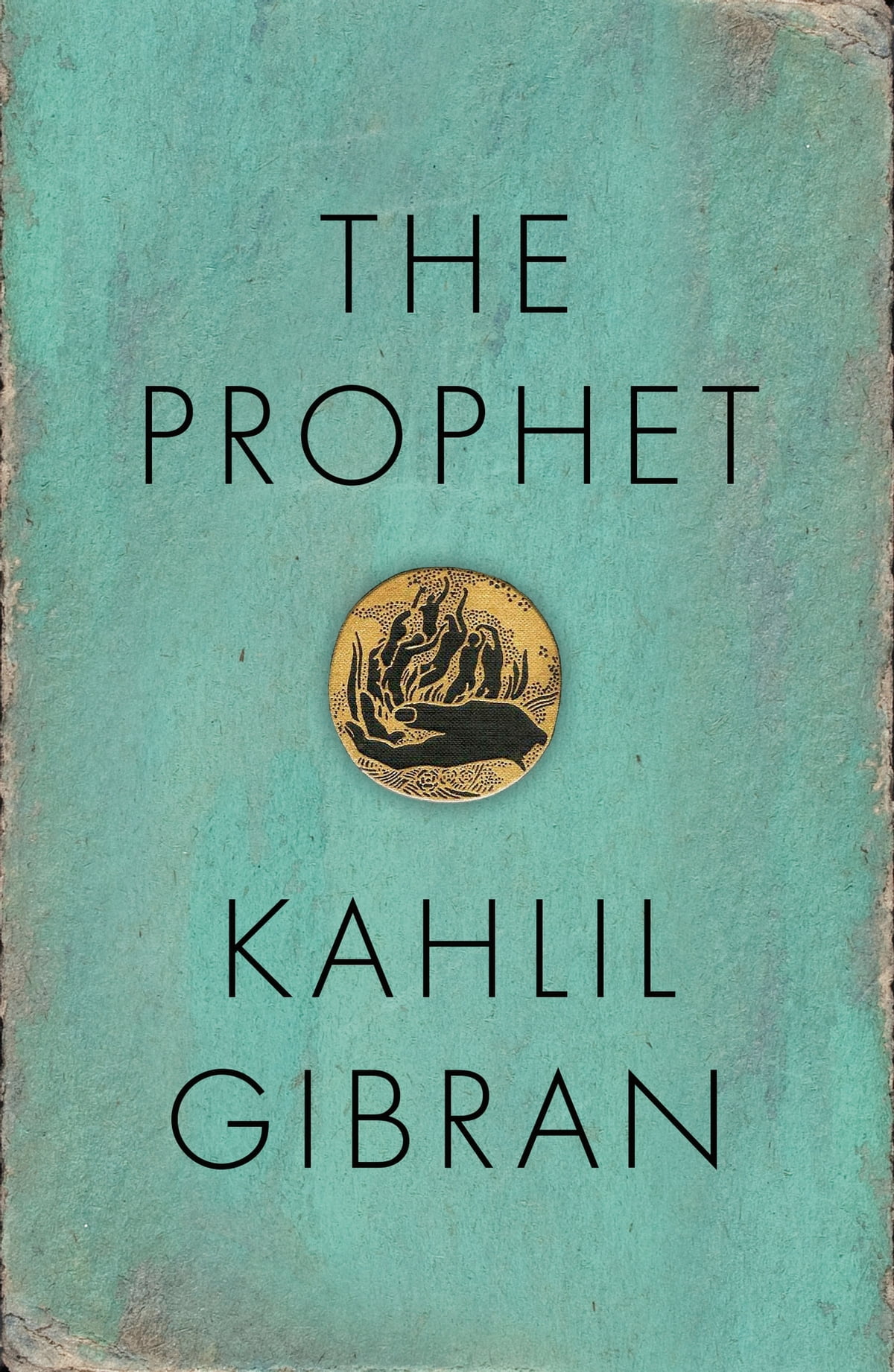
The Prophet
Author: Kahlil Gibran
Year: 1923
Publisher: Alfred A Knopf
Gibran is a gifted writer, and I love his philosophies on life. Reading his works opens truly new dimensions in your thinking.
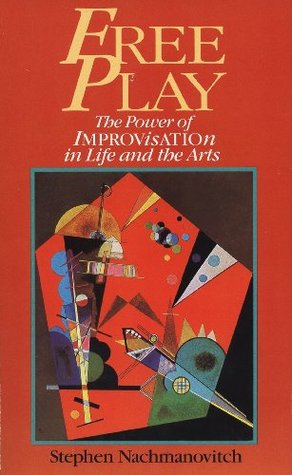
Free Play: Improvisation in Life and Art
Author: Stephen Nachmanovitch
Year: 1990
Publisher: Penguin Group
It is difficult to find Free Play in Nepal. Saroj Dhital gifted me my copy. The book encourages readers to paint their lives however they like and die happily.




 9.7°C Kathmandu
9.7°C Kathmandu

.jpg&w=200&height=120)













